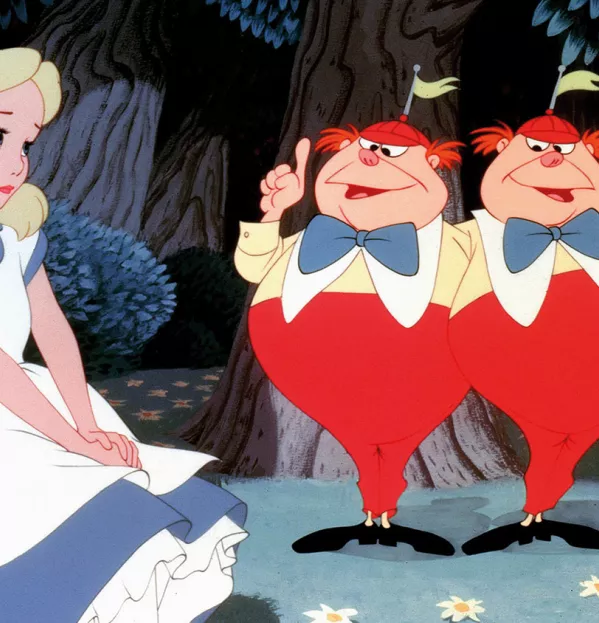“I wasn’t sure the students knew the answers to your questions,” I was once told in lesson-observation feedback. “It was like they were… grappling.”
“Isn’t the word ‘grapple’ in the Ofsted descriptor for outstanding?” I asked.
It was. And it still is there in the handbook.
For me, alarm bells are triggered when I see a classroom full of confident hands thrust up into the air.
At that point, you have found the lowest common denominator, removed all challenge, and reinforced that certainty is desirable.
I have a fantasy of a classroom culture where curiosity and uncertainty are kindled into a blaze.
Wouldn’t it be great if we trained our students to use questions more effectively?
Picture the moment as you explain a concept and you’re interrupted by a barrage:
“What is the counter argument?”
“Can you give me an example?”
“How do you feel about this?”
Our students should be unselfconscious about the deeper questions that motivate their learning:
What can I do to make the world a better place?
Will we ever achieve interstellar travel?
Can stories help explain how I feel?
If our learners don’t have those questions, then something has gone very wrong because, somewhere in their past, they did.
Andrew Otty leads 16-19 English in an FE college. He is an ambassador for SHINE

